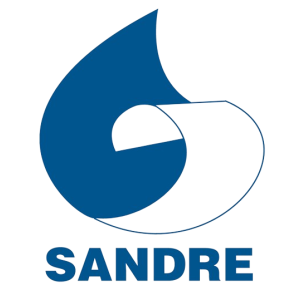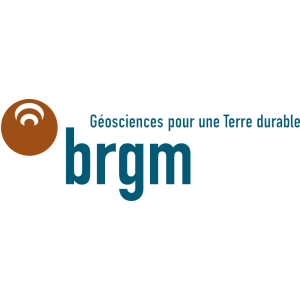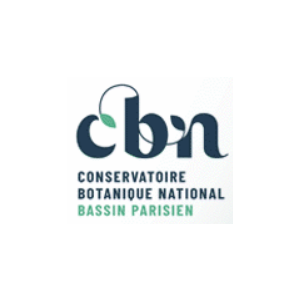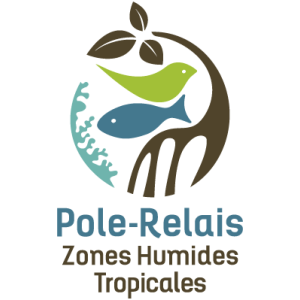
Document généré le 16/02/2026 depuis l'adresse: https://www.documentation.eauetbiodiversite.fr/fr/notice/dynamique-des-sediments-fins-et-mixtes-des-zones-intertidales-de-la-baie-de-marennes-oleron
Titre alternatif
Producteur
Contributeur(s)
Éditeur(s)
Université de La Rochelle
Identifiant documentaire
9-11534
Identifiant OAI
oai:archimer.ifremer.fr:11534
Auteur(s):
Kervella, Stephane
Mots clés
Rhéophysique
seuil d’écoulement
sédiments cohésifs et mixtes
sédimentation
érosion
hydrodynamique
vasière
zone intertidale
conchyliculture
ALTUS
SiAM-2DH
baie de Marennes-Oléron
Rhéophysics
shear strenght
cohesive and mixed sediment
sédimentation
erosion
hydrodynamics
mudflat
intertidal area
oyster
ALTUS
SiAM-2DH
Marennes-Oléron Bay.
Date de publication
15/12/2009
Date de création
Date de modification
Date d'acceptation du document
Date de dépôt légal
Langue
fre
Thème
Type de ressource
Source
Droits de réutilisation
info:eu-repo/semantics/openAccess
Région
Département
Commune
Description
This thesis aims at increasing the general knowledge on sediment dynamics of intertidal flats in the Marennes-Oléron Bay, according to physical, biological and anthropogenic factors.
The conducted research is compound of three complementary studies: (1) a study of sediment behaviour through applied rheophysics on intertidal superficial sediments; (2) a hydro-sedimentary study based on identification of the forcing action (physical, biological or anthropogenic) on the intertidal flat stability over several time scales (from the event to several months); (3) a specific application of the model SiAM-2DH to the Marennes-Oléron Bay.
The surface sediments shows a mechanical behaviour that mainly depends on the fine fraction for a composition that contains up to 60 % of sandy material, where grains play an inclusive role in the mixture. The total shear strength of sediment could be defined from the combination of granular and fine fractions. Moreover, the sedimentary maps of intertidal areas, established from the sedimentary study, show high seasonal variability of the areas.
Waves appear to have a great influence on the resuspension of surface sediment throughout the bay. The maximum turbidity expulsion of the Charente estuary highly influences the sedimentation rate in the Brouage mudflat. Seagrass meadows play an important role on the temporary sediment storage in summer, on top of the western intertidal flats.
Model simulations using realistic forcing (wind, tide, Charente flow, oyster occurrence) show that oysters have a very local impact on sedimentation. These results allow the description of the changes (erosion/deposition) occurring on the intertidal flat of the bay.
Accès aux documents
0
Consultations
0
Téléchargements
































